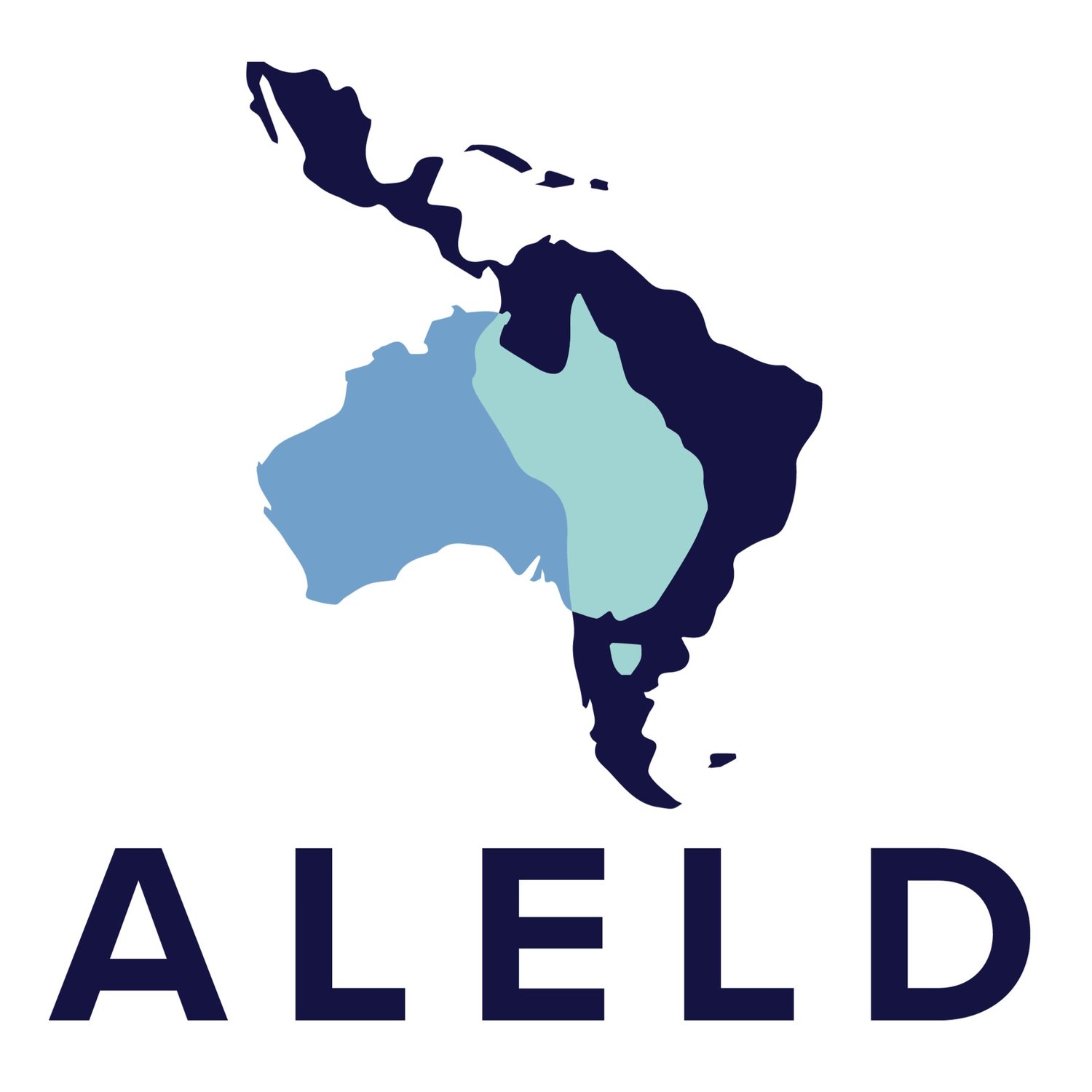Venezuela at a Crossroads: Will Democracy Prevail or will Maduro’s Reign Continue?
‘If you don't want Venezuela to fall into a bloodbath and a civil war, let's guarantee victory,’ Maduro warns.
With Venezuela’s seismic July 28 election quickly approaching, a critical juncture becomes apparent as the nation faces a decision between Nicolás Maduro’s entrenched autocracy or Edmundo González Urrutia’s democratic pledge. The potential outcomes will create ripples across the region’s political apparatus, impacting geopolitical alignment, the potential for economic revival, and migration patterns.
Current President of Venezuela, Nicolás Maduro. Image credit: Marcos Oliveira/Agência Senado via Wikimedia Common
Maduro’s presidency is marked by a grim economic decline and authoritarian posture. During his tenure Venezuela has fallen into a vortex of hyperinflation, worsening poverty, and a loss of faith from citizens, resulting in a mass movement of citizens leaving the troubled nation. Late last year a survey by independent Venezuelan based polling company, Delphos, revealed that only 25 per cent of those polled support Maduro’s United Social Party of Venezuela (PSUV). This marks a five per cent decrease from the same time a year prior. Opponents of PSUV alleged that Maduro clings to power through the manipulation of state controlled media and voter suppression. The previous election, back in 2018, was rife with accusations of fraud and boycotts, causing international condemnation to follow. The situation later developed into harsh economic sanctions with the aim of pressuring the Maduro regime to conduct free and fair elections.
Student confronting National Police near Plaza Venezuela. Image credit: NoonIcarus via Wikimedia Commons.
Maduro faces strong competition from Edmundo González Urrutia, previously the ambassador to Argentina and Algeria, who has not held public office before. His career in diplomacy provides a pragmatic foundation for moderate politics, which makes him appealing to a swelling disenchanted voting base. His platform maintains a laser focus on key issues important to Venezuelan citizens. These are: a significant restoration of liberal democratic institutions, revitalisation of the economy, and addressing the poverty crisis. Urrutia’s candidacy has been significantly bolstered following the endorsement from María Corina Machado.
Candidate Edmundo González Urrutia. Image credit: Adriana Núñez Rabascall (VOA) via Wikimedia Commons.
Machado is a formidable force in the Venezuelan political landscape, opposing the Maduro-led regime. Many consider Machado as the leader of the opposition against Maduro, being a prominent figure in Venezuelan activism for decades. As co-founder of the civil election monitoring organisation, Súmate, she has cemented herself in the public's opinion as a staunch advocate of democracy and election integrity. These efforts to expose corruption and usher in a degree of transparency that have earned Maduro both admiration and fierce criticism. Around July 2023, the Venezuelan government disqualified and barred Machado from running in the 2024 general election.
The reasoning for the ban cited corruption stemming from her involvement with the alleged crimes of Juan Guaidó, who declared himself interim president of Venezuela during the 2019 presidential crisis. This act of blocking Machado is widely regarded as politically motivated and undemocratic, hallmark behaviour of the Maduro administration.
Maria Machado leading a protest. Image credit: VOA via Wikimedia Commons.
Like with any election, many potential outcomes are possible. The best possible result is a peaceful, fair, and transparent election — regardless of who is crowned victor. Between the possibility of Urrutia heralding a transition to democracy or the maintenance of Maduro’s electoral domination, concerns of rampant election fraud continue to loom over the entire system. If Venezuleans feel they have been deceived it would likely ignite widespread protests and unrest.
This election has significant regional and international ramifications at stake. The possibility of war in the Essequibo region must be considered among other issues. Maduro has used the reignited tensions over the disputed territory to invoke nationalistic fervour to distract from domestic shortcomings and coax consolidation around his strongman political figure. Speculations arise as to whether the victory of Urrutia and a democratic transition might forge new avenues to open that will facilitate peaceful negotiations and deescalations. Furthermore, South America is increasingly being engulfed between two geopolitical blocs: the dominant United States-led Western bloc and the emerging alliance of BRICS that grants Russia and China a more central role. Though Maduro has applied to join BRICS, an Opposition victory in the Venezuelan elections may see a reversal of alliances. This could mirror how Argentina was poised to join BRICS but was avoided by Milei’s surprisingly victory. The implications concerning regional stability and geopolitical alignments are profound, potentially reshaping international alliances and conflicts depending on the election outcome.
As election day approaches, the international community looks on with bated breath. If Maduro were to win, the legitimacy of the electoral process would be scrutinised, like the many other Maduro electoral victories. In this scenario, it would be difficult for the increasingly polarised public to be convinced that the election was carried out fairly. Conversely, there are hopes that an Opposition victory would improve the economic situation and set a precedent for free and open elections in the future, potentially reversing migration patterns with a return of the Venezuelan diaspora. The questions posited, will Venezuela undergo a peaceful transition to a liberal democracy, or will Maduro be granted another term to implement his vision?
Author Bio: Alister Gibson is a third-year International Relations Student at the University of Adelaide and a regular contributor at ALELD. He has a keen interest in political order, history, and philosophy and is currently studying German and Spanish.
Content Disclaimer
The views expressed in this article are those of the author and do not necessarily represent the views or opinions of the Australia Latam Emerging Leaders Dialogue.




